Shadow Country (Krajina Ve Stínu)
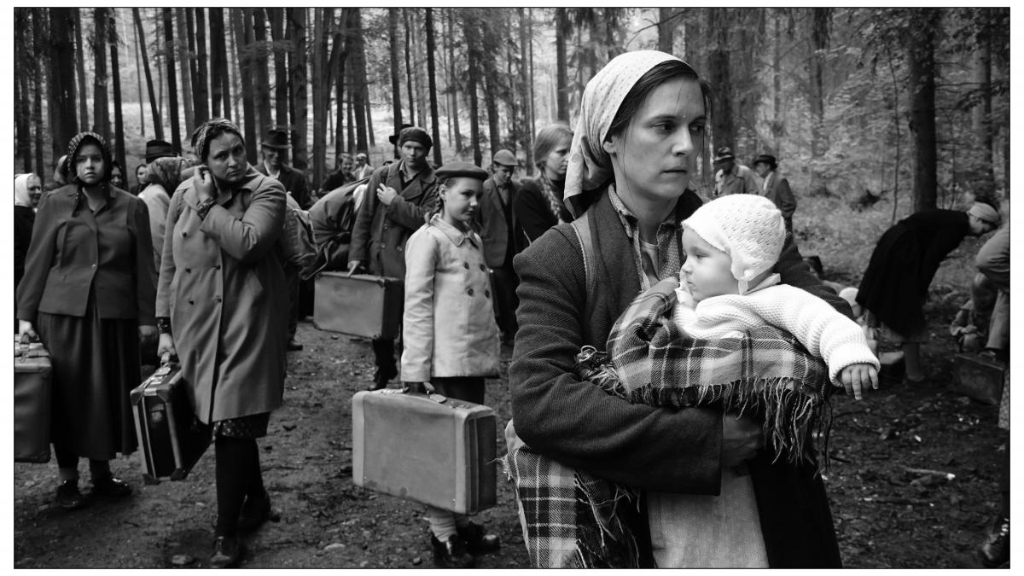
Online on BFI Player from 14th October 2020 8.45pm until 17th October 2020 8.45pm
Good and evil are two concepts that aren’t always black and white. In Shadow Country, the latest project from Czech filmmaker Bohdan Sláma – which is fittingly shot in monochrome – the award-winning director demonstrates just how morally ambiguous these notions are.
Penned by Ivan Arsenyev over a 14-year period, this quiet and nuanced film transports viewers to a small, close-knit village (Sláma’s own hometown) on the border of Czechoslovakia and Austria. The community is already pulled between its Czech and Austrian identities, this divide is only exasperated when World War II takes hold of the village. As residents with strong ties to their German identity ostracise and expel Jewish neighbours, tensions rise and families are torn apart. However, when the war comes to an end, those who’ve suffered at the cruelty of the German supporters find it hard to forgive and subsequently enact their own bloody form of vengeance.
Which side of the conflict is “good” is a question that the filmmakers don’t attempt to address – in fact, in a bold move, the Czech citizens are shown to be more vicious against their Nazi-sympathising neighbours. Instead, the director paints a portrait of a strained community and the effect that the heightened political divide has on individuals as well as society. Recorded in a series of elegant and carefully crafted long shots, Sláma’s feature skilfully conveys a spectrum of complex emotions through tone and composition alone.
Unfortunately, though, the main issue with this picture is that it’s an incredibly monotonous watch. Weighing in with a runtime of 185 minutes, it’s substantial work. – and when it takes over an hour for narrative events to develop in any considerable way, one knows they’re in for a long ride. However, what holds this movie back isn’t its slow pacing, but its heavy reliance on exposition. Much of the narrative follows the repetitive formula of a character walking into a room and explaining offscreen events to other characters, who then will likely tell the first to go home and not get involved – but they inevitably do. Likewise, frequent time jumps and an excessive number of plot strands make it difficult to keep track of the scenes and empathise with the villagers.
Shadow Country is anything but a “bad” film. Contrarily, Sláma’s direction is solid and refined in its execution. Nonetheless, it is an exceedingly long and very dull affair, and that’s not so easily forgiven.
Andrew Murray
Shadow Country (Krajina Ve Stínu) does not have a UK release date yet.
Read more reviews and interviews from our London Film Festival 2020 coverage here.
For further information about the festival visit the official BFI website here.
Watch the trailer for Shadow Country (Krajina Ve Stínu) here:

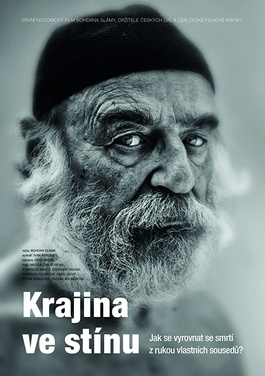




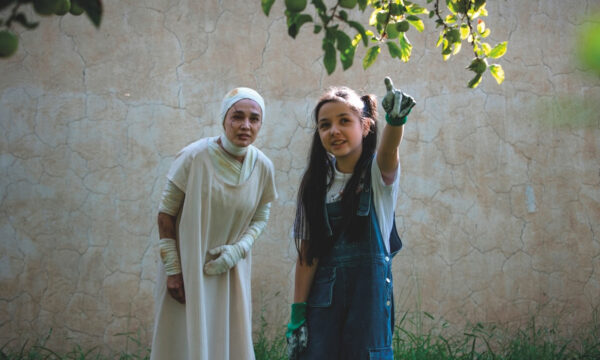

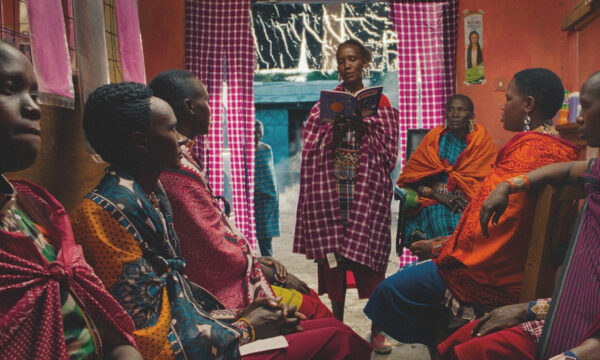
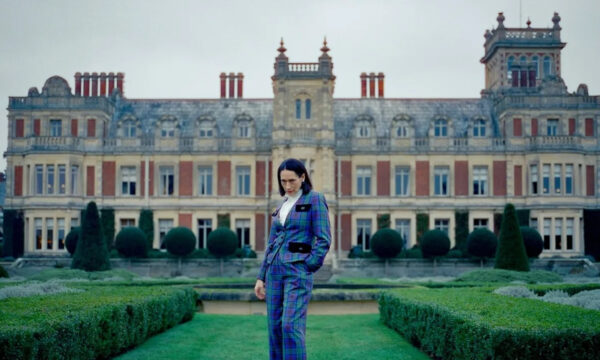
















Facebook
Twitter
Instagram
YouTube
RSS